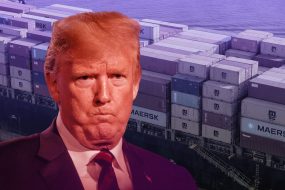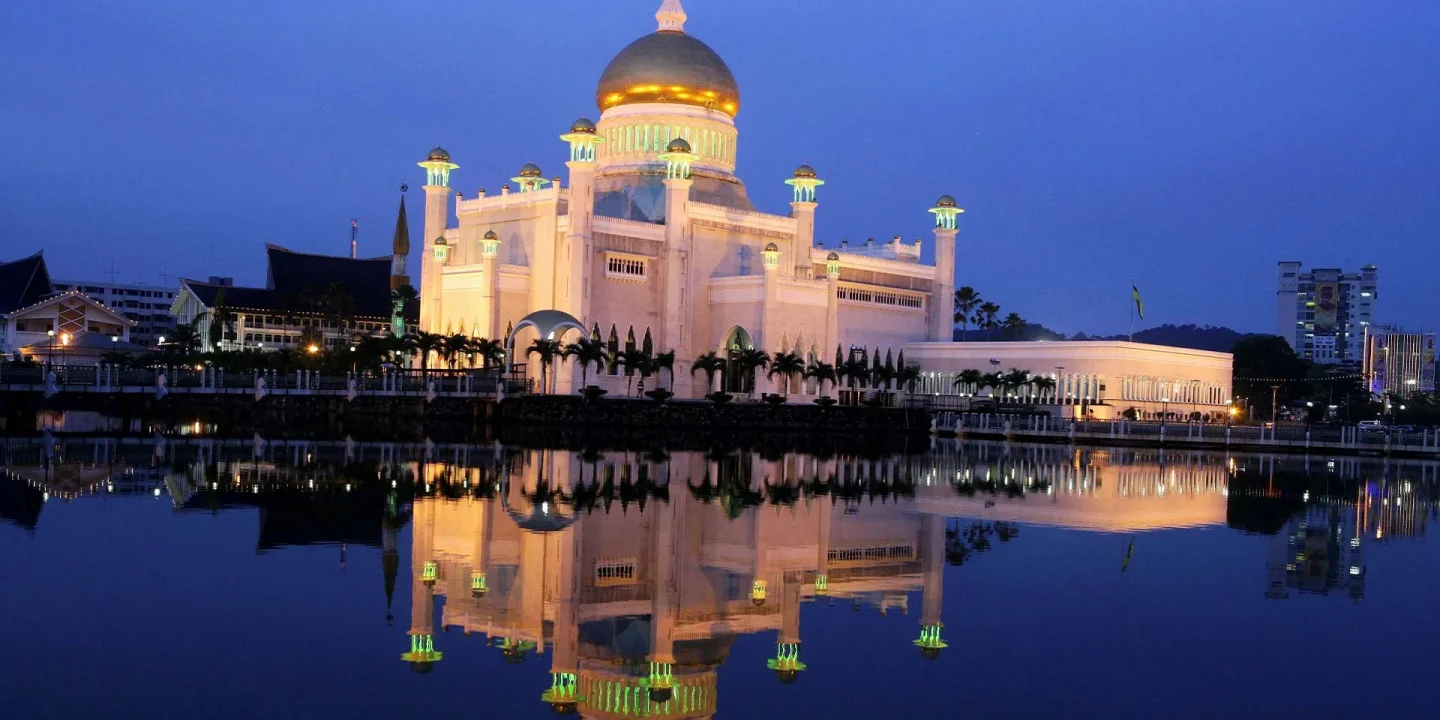
Brunei, a small nation tucked away on the island of Borneo, might not be on everyone’s radar, but when it comes to wealth, this tiny country punches well above its weight. Despite having a population of less than 450,000, it consistently ranks among the richest countries in terms of GDP per capita. In 2023, Brunei’s GDP per capita was over $60,000, putting it in the same league as economic powerhouses like Luxembourg and Singapore. So, why does Brunei, a country you could drive across in an afternoon (with a few snack breaks), have such a high GDP? And does that mean it’s genuinely wealthy?
The Oil and Gas Jackpot
The main reason behind Brunei’s impressive GDP is simple: oil and gas. Imagine if your backyard suddenly turned into an oil field—well, Brunei pretty much had that happen. Oil was discovered there in 1929, and ever since, the country’s economy has been fueled by hydrocarbons. Today, 90% of Brunei’s exports are petroleum-based, and oil and gas make up over 60% of its GDP. It’s like the country won the global lottery and chose to cash out in barrels of oil instead of cash.
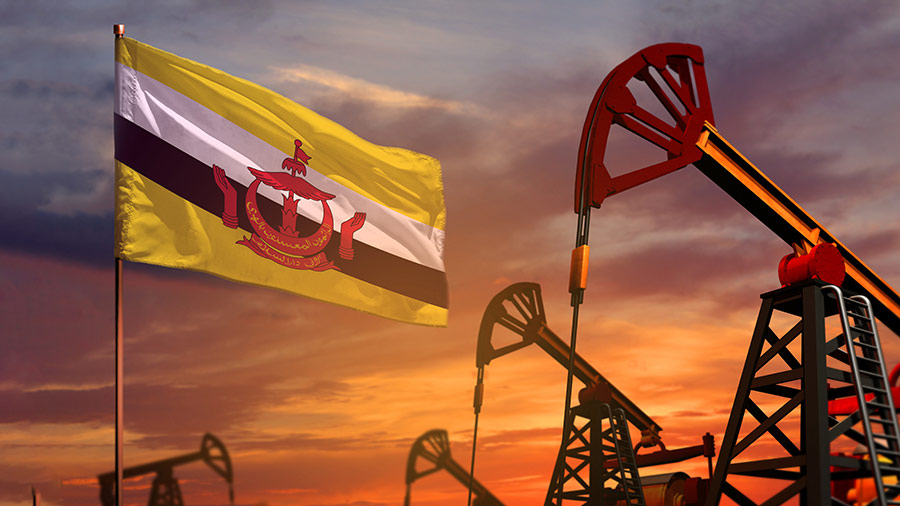
Brunei produces around 120,000 barrels of oil per day and exports over 30 billion cubic meters of natural gas annually. This steady flow of energy exports keeps the GDP numbers high, allowing Brunei to enjoy a financial cushion that most countries would envy.
Small Population, Big Pie
Another reason for Brunei’s high GDP per capita? There’s just fewer people to divide the national wealth. With a population smaller than that of some medium-sized cities, Brunei’s riches are spread across a relatively small group of people. It’s like ordering a huge pizza but only having a couple of friends over to share it with—you get more slices per person. The fewer people in the country, the higher the GDP per capita seems.
In Brunei’s case, having fewer than 500,000 people means that the nation’s overall wealth appears more concentrated. So, while the GDP per capita is high, it’s partly because there are fewer people to divide it among.
The Sultan’s Wealth and Citizen Perks
Brunei’s Sultan, Hassanal Bolkiah, is often mentioned as one of the richest monarchs in the world, with a personal fortune estimated at around $20 billion. The Sultan’s wealth is closely tied to Brunei’s oil success, but it’s not just the royal family that benefits. The government provides a number of perks to citizens, including free healthcare, free education, and heavily subsidized housing. In fact, Brunei doesn’t even have personal income taxes—so yes, you could be earning a salary without worrying about tax season. Talk about a stress-free April.
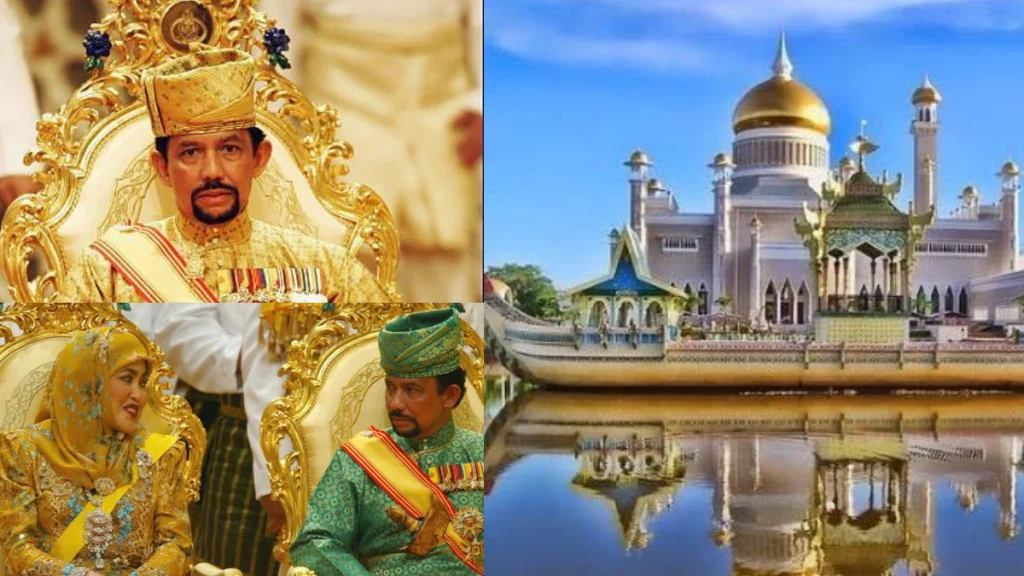
Living in Brunei can feel a bit like being part of an exclusive club with generous membership benefits. The government’s wealth from oil is funneled into public services, creating a relatively high standard of living for many Bruneians.
Is Brunei Really “Wealthy”?
On the surface, Brunei looks like a wealthy nation. Its GDP per capita ranks among the highest globally, and many of its citizens enjoy substantial government support. But does a high GDP per capita automatically mean everyone is wealthy? Not exactly.
While many people in Brunei live comfortably, wealth distribution isn’t as even as the GDP figures might suggest. The country’s economy is heavily reliant on oil and gas, which creates vulnerabilities. When oil prices are high, everything looks rosy, but when prices drop—as they did in 2015—Brunei’s economic growth slows down considerably.
Moreover, not all citizens live in luxury. Outside the capital of Bandar Seri Begawan, some areas lack the same level of development, and opportunities for income diversification are more limited. So, while the country as a whole is considered “rich,” not everyone is driving luxury cars or living in mansions.
The Need for Economic Diversification
Brunei has recognized the risks of relying so heavily on oil, and the government has launched the Wawasan Brunei 2035 initiative, aiming to diversify the economy. The idea is to develop other sectors like financial services, halal food production, and tourism, so that the country doesn’t have to rely on hydrocarbons forever.
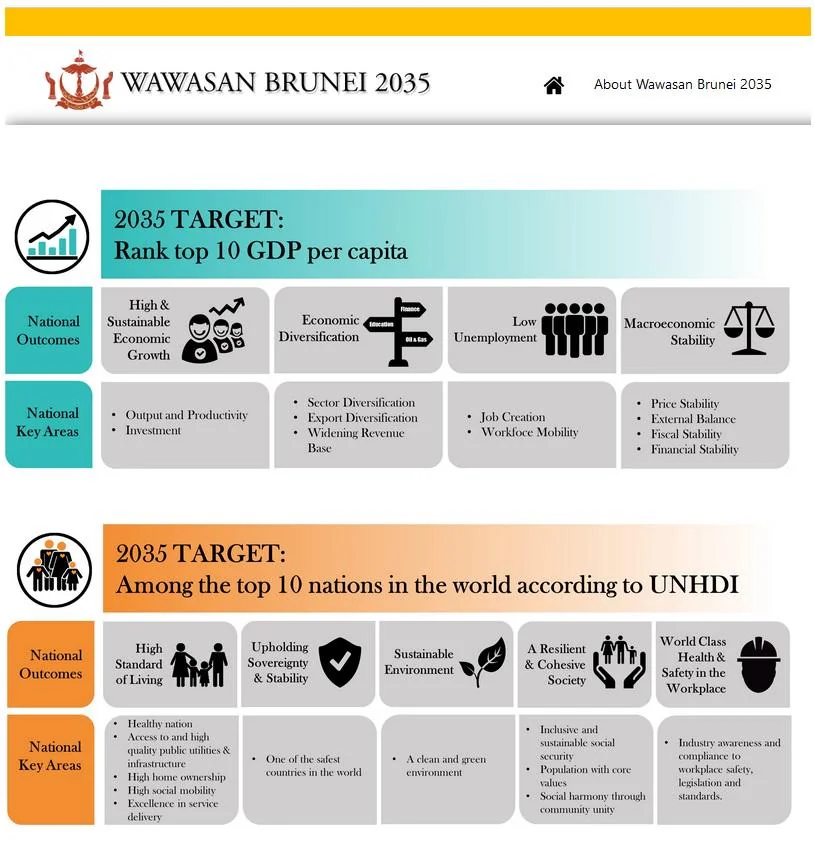
However, progress on diversification has been slow. Oil and gas still dominate the economy, and while there’s potential for growth in other industries, it’s yet to take off in a major way. Think of it like a long-term diet plan: you know you should cut back on the oil (literally), but it’s hard when it’s such a big part of your daily routine.
Conclusion: Wealthy, but Watchful
Brunei’s high GDP per capita is a reflection of its oil wealth and small population. The country is certainly wealthy in terms of resources, and its citizens benefit from a range of social services and perks. However, the reliance on oil makes the economy vulnerable to price fluctuations, and the future will depend on how well Brunei can diversify.
So, is Brunei wealthy? For now, yes—thanks to oil. But like any good financial advisor will tell you, it’s important not to put all your eggs (or barrels) in one basket.












